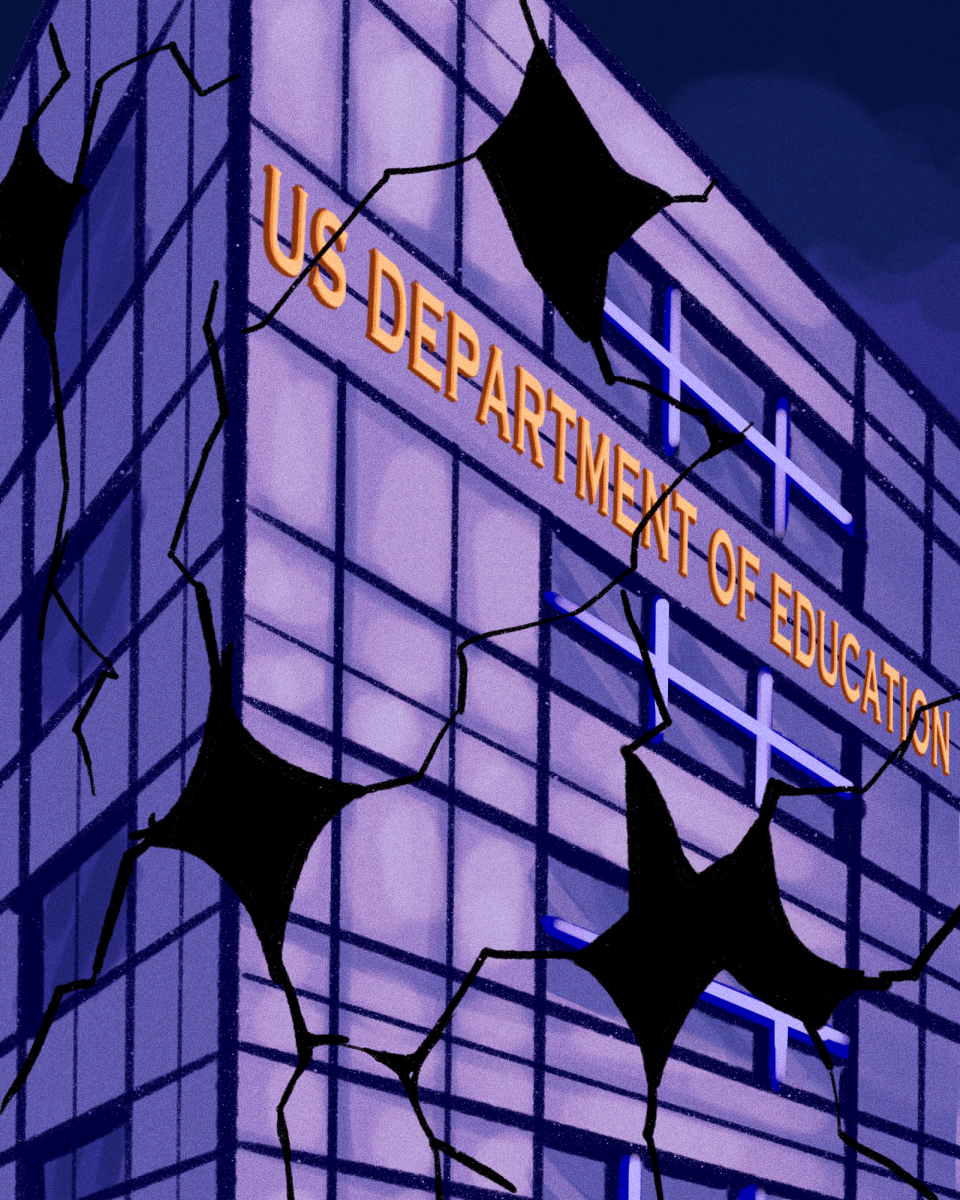The Texas Tribune is using film to shed light on the potential flaws of the case of Cameron Todd Willingham, a man whose guilt has remained in question since his 2004 execution.
“Incendiary: The Willingham Case” is a documentary directed by radio-television-film lecturer Stephen Mims and School of Law alumnus Joe Bailey Jr. that deals with the controversy surrounding the conviction and execution of Cameron Todd Willingham. The Tribune hosted an advance screening and conversation Tuesday about the documentary.
Willingham’s three daughters died in a house fire in Corsicana, Texas in December 1991. He was later convicted of arson and executed in February 2004 based on scientific evidence criticized by experts as outdated.
Evan Smith, CEO and editor-in-chief of The Texas Tribune, said the film is not about the death penalty, but about the forensic science used to convict criminals.
“We all want to be sure that the system works well and that the facts and evidence are true facts,” Smith said.
He said the question of whether the criminal justice system in the state is functioning properly is an important issue for Texans, and the Tribune is eager to spur that conversation.
The Tribune held a panel discussion after the screening with the filmmakers as well as former chairman of the Texas Forensic Science Commission Sam Bassett, former Gov. Mark White and Corsicana City Attorney Terry Jacobson.
Basset said politicians concerned themselves so much with looking bad for the mistakes of the past that they overlooked the need to correct them in the present.
White said the film clearly pointed at the fragility of the criminal justice system and the difficulty it faces adapting to the kind of scientific innovations that revealed the flaws in Willingham’s conviction.
He said that the importance of the case was not whether Willingham was guilty but rather whether the state had been able to legitimately prove him guilty.
The two directors both found personal connections to the case. Mims said the film emerged from a conversation he and Bailey had in Fall 2009 based on a New Yorker article on the case.
“We were hoping to get enough to illustrate the story, to make it visual,” Mims said.
Mims said the team can’t finish the final version of the film until the case concludes that is re-analyzing all the evidence.
Bailey said he and Mims attempted to weave together the politics, science and law surrounding the issue in a dramatic way.
“The film is almost like a battle between my brain and my emotions, and that struggle presents itself throughout the film,” Bailey said.
He said this struggle was key to the emotionally dense case, in which the search for valid scientific evidence can come into conflict with the beliefs of those directly affected.



















